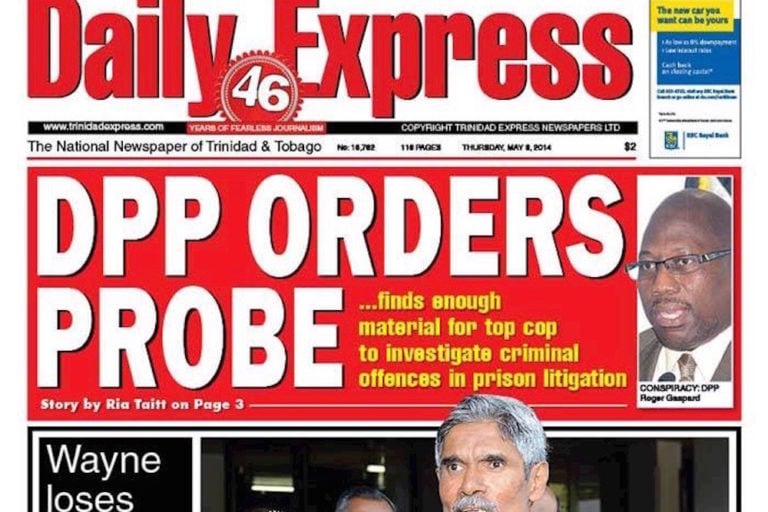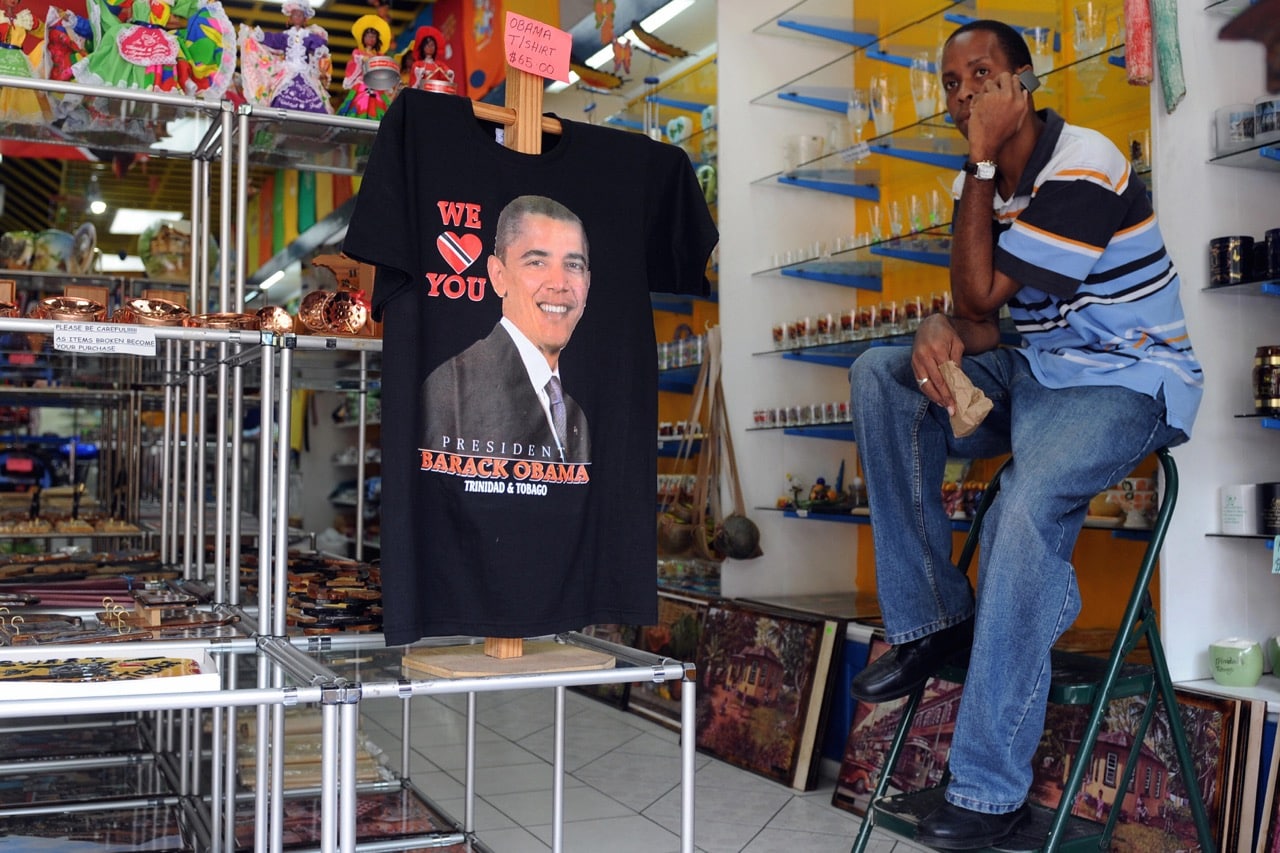The Trinidad and Tobago Publishers and Broadcasters Association had previously criticised what it viewed as the government’s failure to allow sufficient public consultation on the bill, which was introduced in May 2014.
This statement was originally published on freemedia.at on 19 May 2015.
The International Press Institute (IPI) today urged lawmakers in Trinidad and Tobago to take into account concerns by media stakeholders over a proposed cybercrime law.
The country’s Parliament is preparing for a third reading on a wide-ranging online crimes bill that targets, among other things, unauthorised data access, cyber-bullying and identity fraud. However, media groups, including the Trinidad and Tobago Publishers and Broadcasters Association (TTPBA) have raised alarm over the bill’s potential to chill investigative journalism in the twin-island Caribbean state.
At issue are two clauses, Arts. 9 and 13, intended to combat illegal data access, but which critics warn could pressure journalists and whistleblowers into silence. Under Art. 9, anyone who “without lawful excuse or justification” obtains privileged computer data faces up to five years in prison. Likewise, under Art. 13, anyone who receives or is given access to privileged data from another person also faces up to five years in prison “regardless of whether or not he knows that the other person obtained the computer data through authorised or unauthorised means”.
Trinidad and Tobago Housing Minister Dr. Roodal Moonilal announced today that Cabinet officials had agreed to meet with the TTPBA as well as the Media Association of Trinidad and Tobago (MATT) on Wednesday morning to address the groups’ concerns. The TTPBA had previously criticised what it viewed as the government’s failure to allow sufficient public consultation on the bill, which was introduced in May 2014.
“We look forward to being part of a stakeholder consultation and lending our assistance and cooperation to ensure our democracy is not undermined,” the TTPBA said in a statement released last weekend, adding that it urged the government to “strongly reconsider this [bill], and any other legislation which may ultimately result in the demise of our democracy”.
IPI Director of Press Freedom Programmes Scott Griffen said IPI reiterated its position – first stated last summer – that Parliament must allow media representatives the opportunity to highlight elements of the bill that may affect journalists’ ability to carry out their work.
“As we have previously suggested, the dangers lurking in Arts. 9 and 13 of the cyber crimes bill are clear,” Griffen said. “Journalists should not face criminal prosecution for divulging information in the public interest and this bill does not provide any safeguards against such prosecution. Our position is that the bill in its current form is a threat to press freedom and the right to information in Trinidad and Tobago and should not be passed.”
He added: “In order to improve the measure, it is essential that the government and Parliament take into account the concerns of TTPBA and MATT, who understand the ways in which it may negatively affect their work.”
Other jurisdictions in the Caribbean region have grappled with drafting properly balanced cyber crime measures, Griffen noted. The legislature of the British Virgin Islands faced an outcry from journalists and international press freedom groups after passing a law that included a clause providing up to 15 years in prison for anyone who publishes unlawfully obtained information from a “protected computer”. Lawmakers ultimately passed an amendment to provide a public-interest exemption.


